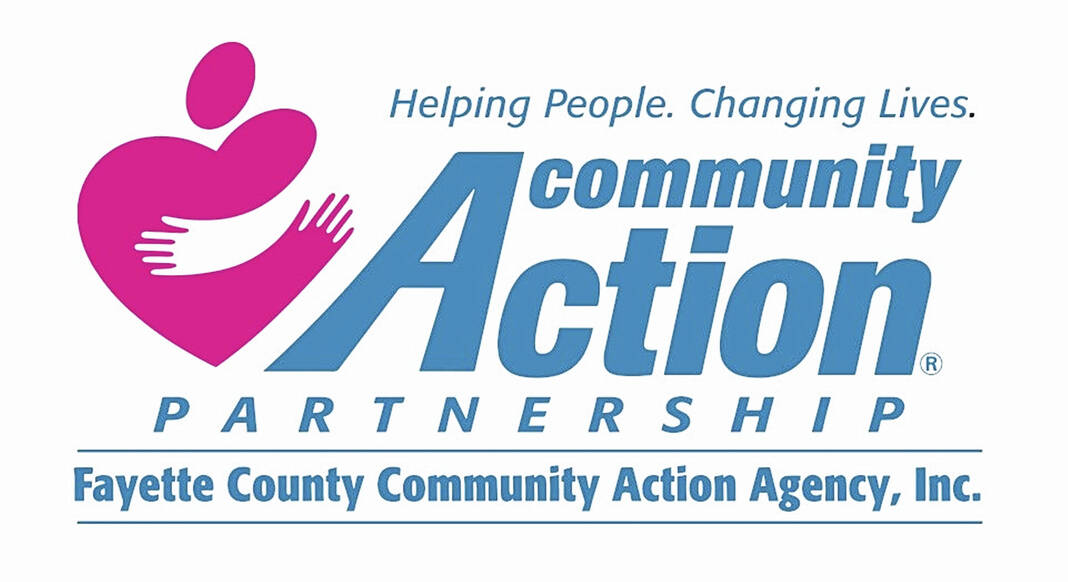
Fayette County’s Community Action Commission (CAC) has been actively assisting victims of domestic violence since 2020.
Many people aren’t aware of the services that are offered through CAC’s Peace House program and also don’t realize how many people within the community are affected by violence.
“First, I would like to define domestic violence as more than what people understand it to be,” explained Halona McCracken, program director for Peace House. “We call it more along the lines of interpersonal violence. That could even be somebody that resides in your home that is a caretaker. It doesn’t always have to be an intimate or dating type of relationship.”
“Even though there may not be physical violence, violence and trauma can come from other forms, such as you aren’t able to buy the food that you need for yourself because somebody else has control over your funds, so you don’t get to eat when or what you want,” added McCracken.
Fayette County CAC has three full-time employees that service the entirety of four counties, Fayette, Highland, Clinton, and now Ross.
Peace House provides Emergency Transitional Housing, which would be like an eight-month stay. CAC also has its HUD funding through the state so its able to provide rapid rehousing assistance or rental assistance for those seeking to move into more permanent housing.
Since the pandemic, the program has always been at full capacity and most of the time, it’s been over capacity.
“Whether you realize it or not, everyone knows somebody who is affected by violence,” said McCracken. “We have people of all different kinds of background come to us for help, and I think that is interesting for some people to hear. You should never be ashamed of needing to reach out for help but instead, should be proud that you are finding the strength to do so!”
While offering assistance to individuals, Peace House can also come in and help educate employers on signs of domestic violence to look for in victims. Sometimes, the bruises victims are dealing with aren’t physical wounds on the outside for everyone to see, but emotional and mental wounds that make it difficult to complete everyday tasks, such as a job.
If an employee has a repetitive record of missing work for minor things, always needing to be on the phone while at work, seeming emotionally and mentally distant during the shift, etc., there could be a more troubling issue at stake than just a lazy or dismissive employee.
McCracken explained, “We are absolutely able to serve somebody completely anonymously. We are able to advocate and talk through safety planning. We can also walk you through resources you may not even know were available.”
“We can’t advise somebody to leave a situation, but we can certainly help make a plan with that person. The mortality rates of victims drop significantly if they have safety plans in place and know what to do if that situation does arise.”
The organization can also have conversations with family members who are experiencing the negative effects of a loved one’s relationship without putting the victim into jeopardy. McCracken explained that family members are sometimes just as much a victim due to having to watch a loved one go through such a traumatic experience.
There is a federal law in place, the Violence Against Women Act, that restricts the center from breaching somebody’s confidentiality.
For example, if a loved one knew you were staying at the center and seeking help and they called the desk asking to speak with you, the employees could not legally say whether you were there or not, let alone allow you to take the phone call through the facility.
The CAC offers a 24-hour crisis line where people can call or text to speak with a trained representative about what their options are and what the center has to offer. That number is 740-505-0090 and can be contacted by anyone completely anonymously.
For more information, you can also visit their website at www.cacfayettecounty.org.

